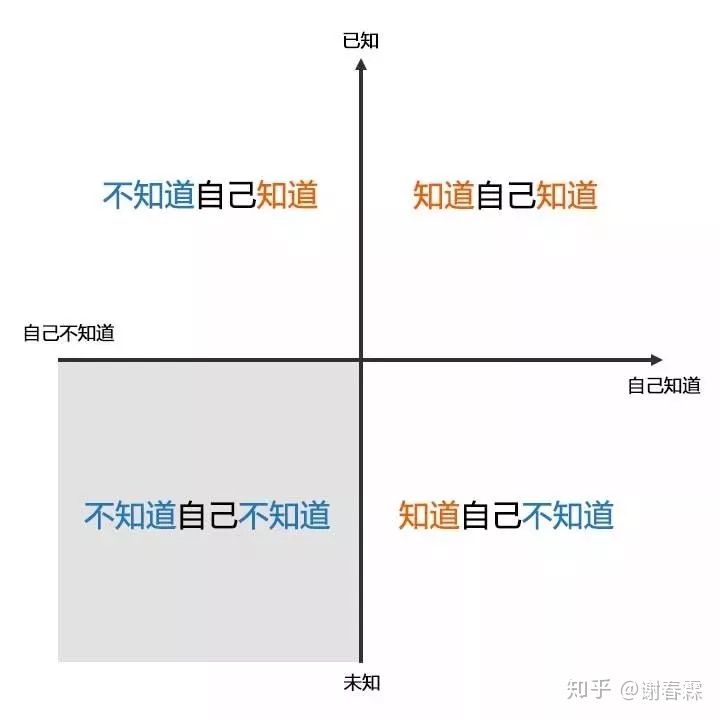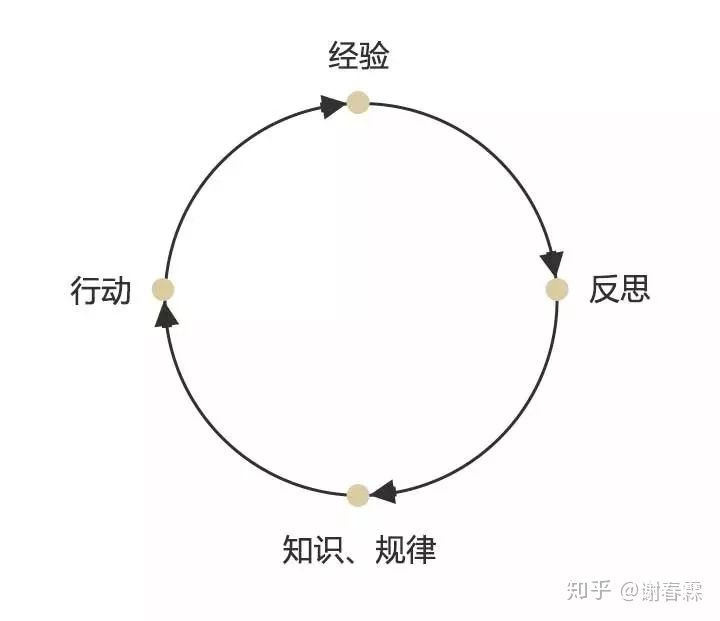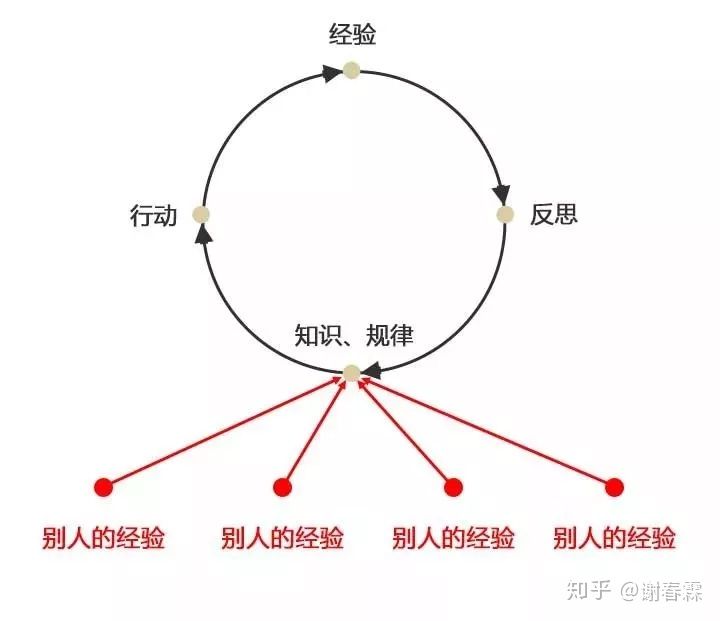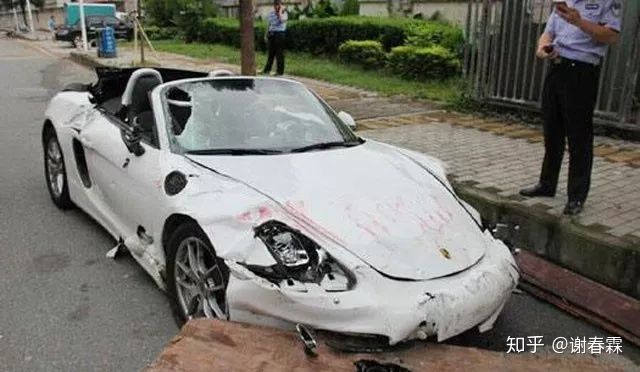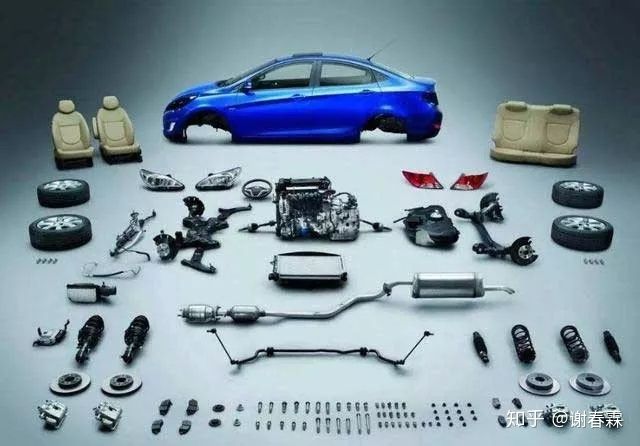Computers are evolving exponentially in ways we can’t understand, and even more frightening is that they are constantly entering new data to learn, and how long have you not learned new knowledge?
In 1997, IBM’s dark blue computer defeated chess master Gary Kasparov, sparking global debate.
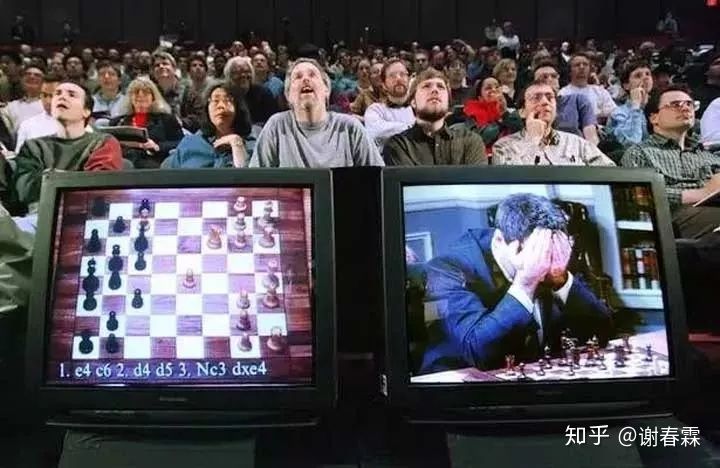
Twenty years later, it is no longer news that computers have defeated the human brain. Now more concerned is the confrontation between machines.
In 2017, Google ’s AlphaZero defeated the 2016 global computer chess champion: Stockfish.
What’s more terrible is, guess how much time AlphaZero has learned from scratch to get ready to play with Stockfish?
The answer is: 4 hours!
You read that right, just 4 hours!
Seeing this, do you feel that humans are a bit redundant?
Why is artificial intelligence so powerful?
When AlpnaGo defeated Go World Champion Li Shishi in 2016, artificial intelligence began to explode:
Beyond the top of humankind in many fields such as translation, medical treatment, and law, and this big explosion stems from the artificial intelligence technology behind it: deep learning algorithms. (Specific technology introduction, you can Baidu yourself)
In short, computers can learn on their own, and once computers have mastered their learning capabilities, they can grow on their own like humans. In addition, computers have incomparable computing speeds, which are being indexed in ways we ca n’t understand. Evolution …
And even more terrible is that they are already so powerful that they are constantly entering new data to learn, and how long have you not learned new knowledge?
Learning ability is the core ability of the future
Remember the “Seven Years of Life” documentary we talked about in lesson 3?
The children of the poor will still be the poor; the children of the rich will also become the rich in the future. Why?
Is it money inequality?
Of course, this is part of the reason, but it is far from simple …
Andrew, Charles, and John are high-profile handsome trioes who live in the Kensington district of London (the famous wealthy district).
At the time of the first episode, although they were only seven years old,But it has begun to look like the upper class.
The children are well educated in a private school, and they can already sing in Latin during preschool;
When ordinary children are still reading villain books, they have already started reading the Financial Times, Times, and The Observer;
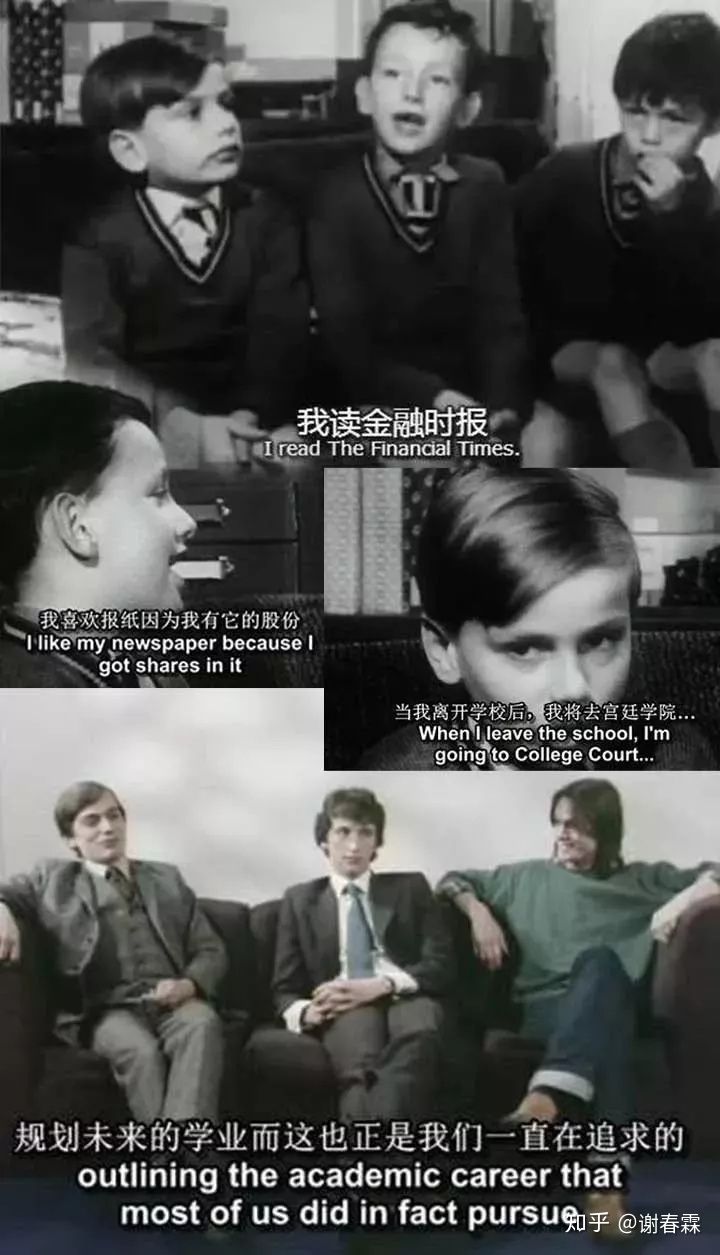
When ordinary children are still joking and laughing, they can already formulate a set of quantifiable rules of life, such as taking a bath at 6 and going to bed at 7:30 on time; they know how to save time and understand rules and systems; I also have my own opinions on the current pop music …
The most terrible result of the wealth gap is not inequality in money, but inequality in education resources …
In Kevin Kelly’s new book “Necessity”:
We are entering an era where we need to constantly patch ourselves. You will always be in the process of upgrading …
The pace of development of the world has become faster and faster. As soon as you have just graduated from college, what you learned in the first year of college may be out of date …
In the past, you could not be illiterate;
Now, maybe you do n’t use various tools of the Internet is illiterate;
What about the future?
Maybe if you don’t study for a year, you will become an illiterate …
The ability to learn will become the most core ability in the future. None!
However, as more and more knowledge becomes available and more and more accessible today, what you feel may not be happiness but anxiety!
The amount of information generated today is equivalent to the sum of the information received by British people 200 years ago.
In the face of massive information, you do n’t know where to start …
What should I do?
Learning is very important, so you have to learn it bit by bit!
So you learn about Zhihu, Weibo, and friends circles every day; read books, read news, read public accounts; listen to live broadcasts, listen to micro-lessons, listen to lectures … Himalayan, lychee, and other knowledge service software Don’t miss it!
It seems that I have learned a lot, but it feels useless …
I ca n’t remember, I ca n’t say it, I do n’t need it, I ’m still facing the problem …
As if these learnings never happened …
How could this happen?
Is he limited in intelligence??
Not really!
It’s your brain, you may have forgotten the “learning function” …
Learn “learning methods” first, then study
Just like artificial intelligence, you have to program the algorithms of “deep learning” first, and complete the required hardware to give the computer “learning ability” before you can input data for learning.
Otherwise, what’s the use of just entering a bunch of data into an ordinary computer? He can’t learn, he can only store these data at most …
The same is true for people. You have to incorporate “learning functions” into your brain before you start reading or listening to lessons so that you can start learning!
Otherwise, what you see is just a bunch of information for you. It used to pass through your brain … (Why is it passing? Because humans are relatively forgetful compared to machines, it is difficult to do even storage To …)
How do we learn?
Do you read books, listen to classes, take notes?
Other computers have used deep learning, and you are still in ancient times …
What should I do?
Are there more advanced learning methods?
Have you heard the question “How to put an elephant in the refrigerator”?
Putting the elephant into the refrigerator is a three-step process:
-
Open the refrigerator
-
Put the elephant
-
Close the refrigerator
Actually, it’s the same. You can also simplify the process to three steps:
-
Open the brain
-
Put knowledge
-
Extraction use
Next, let’s talk about how to do these three steps in detail:
Step 1: Open your brain
Many people actually forgot this first step when they were studying, and started reading directly when they came up. As a result, all the things they saw in their eyes were what they wanted to see. Those who were not interested did n’t read and could n’t understand Skip, the openings that do n’t match your cognition …
This is the state in which the brain is not open. New knowledge cannot enter your brain at all. It is like the refrigerator door is not open. It is a truth that elephants cannot enter.
Fu Sheng, CEO of Cheetah, divides a person’s cognitive state into four dimensions, which are:
-
I don’t know I don’t know
-
I know I don’t know
-
I know I know
-
I don’t know what I know
Most people are actually at the first level, that is, they do n’t know what they do n’t know.
This state is actually terrible. Where is it terrible?
When you see this sentence, you will subconsciously feel that you are definitely not this kind of person, because you feel that you have not read the book for so many years, and the amount of knowledge is still very rich!
It’s terrible. It’s terrible. You can’t realize that you are in this state of “ignorance”. If you can’t do a test before, you know the problem. However, the reality is that there are no problems, how do you know what you don’t know?
You are facing Baidu, but you do n’t know what to enter …
In psychology, this phenomenon is called the “Duck effect”, and it is also the “Fearless of the ignorant” that we often hang in our mouths …
-
What is the Duck effect? It is a phenomenon of cognitive bias, which refers to a person who lacks ability to draw wrong conclusions on the basis of a decision that he seldom considers, but cannot correctly recognize his own shortcomings and discern wrong behavior. Those who lack the ability are immersed in the illusory advantages of self-building, often overestimating their ability level, but cannot objectively evaluate the ability of others. Dunning and Kruger who discovered this phenomenon won the 2001 Funny Nobel Prize in Psychology
Because of your unconsciousness, you and I may all be in it …
What should I do? This Duck effect seems to have no solution!
Do you remember when you learned the fastest?
Yes, it was when we were young.
When we were young, we knew that we did n’t understand anything. We were curious about everything around us. We wanted to touch everything we touched and feel it in our mouths; we I do n’t know how to talk, but I always talk about it endlessly, we are never afraid to say the wrong thing; we always like to ask why, we always like to play old toys with new stories …
What is this status called?
This state is called: Chuxin!
What is the original intention?
The beginning mind is a concept in meditation, meaning “a beginner’s heart”, like a child, full of curiosity about everything.
But now, many people have misread the word “initial heart”. I thought that the original intention refers to the one who started doing something in the first place. Do not forget that the original intention means that you don’t forget the wish when you first set off .. That is not the original intention, the original intention.
Do n’t forget your original intention, it ’s not always possible, because the market is fickle, and your initial thoughts are likely to be outdated within a few months. You have to adjust it to admit that it will hit the south wall!
Only if you “keep your original heart”, that is, keep a beginner’s heart. In a changing market, you will always be curious, continue to learn, and continue to adjust.
Tencent, Intel, Amazon, Apple … their “original intentions” and status quo have changed a long time ago, but they have always “maintained their original intentions”, like a beginner, they are constantly learning and evolving.
So, the only way to unlock the brain and unlock the brain is to return to the state of “initial heart.”
I admit that I am ignorant, that is, do not distinguish between what is known and what is unknown, but be curious about everything, return yourself to the state of a child, and let yourself know the only thing Is “I don’t know anything”!
Does that mean you can put everything in your head?
Then your brain becomes a dump. In addition, what enters the brain is difficult to take out, and contamination is likely to affect life. You must take precautions. What should I do?
You need to install a “filter” on your brain
Many people think of the concept of “initial heart” just now, and think of “empty glass mentality”
But “maintaining the original mind” is not the “empty glass mentality”. There is a difference between the two. The “empty glass” mentality refers to “passive” acceptance of all information, and maintaining the original heart is to keep curiosity “active” to learn new knowledge. Be proactive and selective.
On the contrary, we should beware of the “empty glass mentality” and be alert to what is input to the brain, not from the person who comes, because asking God to send God easily is difficult, and the information that enters the brain is extremely difficult to clean up Clean, especially those with persuasive words that are persuasive, will occupy your brain for a long time, affecting your way of thinking, and you may not even know it …
This phenomenon, we have a very uncomfortable proper term to describe it, called “brainwashing” …
The empty-cup mentality is the brain without a filter.
What should we do?
Today I ’m going to install three filters on your brain
1. Distinguish “information” from “knowledge”
-
What is information?
Everything you hear, see, smell, and feel can be called information, such as aunt scolding on the street, news webcast on TV, beautician dancing on the vibrato, and WeChat Emoticons … These are information.
-
So what is knowledge?
Knowledge refers to those concepts, laws, and methodologies that have been verified, correct, and believed.
For example, “complex interest”, “metacognition”, and “attention” are the concepts taught in our first quarter course;
The law is the operating principle behind things. For example, if the user’s demand is constant, the supply of the product will decrease, and the price will rise. This is the law;
The methodology is what we commonly call “routines”. It is a set of proven and most efficient execution process that solves a specific problem.
Information is true and false, and sometimes effective; while knowledge is accumulated and iterated. What you want to learn is knowledge, not information.
2. Distinguish between “experience” and “regular”
We often listen to the successful people share how he passed the hardships and hardships, and finally succeeded in starting a business. He heard that he was passionate and he wanted to copy the imitation. But he found out that the background of his time was not the one he found now The founding team didn’t own it; the product and service he developed is out of date …
The content they share is called “experience”
Experience is not a rule.
Because of the survivor’s bias, the successful experience is very accidental. Repeating the same thing over and over again, even he himself may not be able to succeed again. We have already talked about this many times in previous lessons. What we want to learn is regularity, not experience.
What is the law?
The law is a causal relationship that can lead to repeated success.
How do I get it?
We need to first induct and then deduct: the reason is derived from the successful experience. This process is called inductive method; once you get the reason, you must deduct it again to see if the reason can really introduce the correct result and can be repeated 2-3 times success, if you can, is the rule.
For example, is “death to death” an experience or a rule?
You may have a lifeless experience, but what you haven’t seen is that many people really die in the dead and in the dead. (If you can survive, you won’t be called dead …)
If you think of this “experience” as a “law”, you put yourself in danger every timeSituation, tell the brothers that if we die, we can be born, then the result will be tragedy …
3. Distinguish between “good” and “bad”
Understanding the difference between information and knowledge, and being able to distinguish between experience and regularity, there is still a problem now, that is that there is too much knowledge today, and it is impossible to learn at all. Faced with a large number of books, it comes from the face. Internet information, besieged by their groups, you feel at a loss, you do n’t know where to start from, you do n’t know what to learn, what you should n’t learn, and then you have anxiety about “information overload”, what to do?
Is the information overload really caused by too much information?
On the contrary, this is because you know too little!
This sounds a bit counterintuitive, as if you ca n’t eat anything because you ’re too hungry …
Why do you say that?
That’s because your amount of knowledge is not enough to distinguish the good and bad of the content.
In the same field, there may be tens of thousands of books, but there are only a few good books, just like you watch movies, there are millions of movies in the world, you do n’t feel that information is overloaded, Because there are so many good movies, you open the movie library and search for a long time, and find that there are no movies to watch …
Because I do n’t know, I do n’t know what to learn, so there seems to be a lot to learn. And once you can distinguish the good and the bad, you will find that there is too little good content!
So how do you get the ability to distinguish the good from the bad?
The answer is: See the truth and the false!
If you look better, you will be able to tell what is bad, just like aesthetics. Once you improve, it will be difficult to endure ugly designs.
Where are the good things?
If you want to learn the content in a certain field, first go to the most famous classic books in this field to read. You can choose according to the ranking of various book lists, or you can find the cattle in the industry. Recommend it. The books you find in this way will be the ones that go back and forth. These are good books.
If you are just entering a new field, it is recommended to start with a classic entry-level book first. This will help you quickly master the basic concepts in this new field and will be very helpful for later learning.
After reading these books, and then reading other books in the same industry, you suddenly find out that at this time, you only need to look at the table of contents and preface to determine whether it is worth reading.
Step 2: Put knowledge
ok, after turning on the brain, next, we should put knowledge into the brain.
So where does knowledge come from?
Two ways:
1. Self-learning cycle
WarpExperience cannot guide action, because experience has a lot of contingencies. The first time it succeeds, the second time may not succeed; others succeed, and the same way may not work.
Only by sublimating experience into knowledge and laws can we guide our actions. This is the famous Cooper learning circle.
Using your own actions to form experience, to reflect on experience, to refine the internal laws, and to verify whether the same actions can lead to the same results through this law. If you can, the law is knowledge.
2. Learn from giants
The experience gained through self-practice, and then refining the experience into knowledge is very good. I have personal experience and self-case to testify, but the efficiency is too low.
A person’s time is limited, and you can’t go through all the experiences yourself.
99% of the problems you have encountered have been encountered by previous people, and their experience has been summed up into knowledge and turned into a book that you only need to learn.
But I can’t remember so much knowledge! Limited brain capacity!
When you want to use it, you can’t remember one. What should I do?
I remember the last time I saw this concept, and in which book is it?
Looking for notebooks …
Ah, the notebook is missing …
囧 ~
Do you use Baidu, Google, Zhihu?
That answer is also varied, and mixed with advertising …
It would be nice if I had a private library
Every book you read, a piece of knowledge, and a note you write can be neatly sorted, permanently stored, and there is a one-click search function. When needed, a librarian can help How good should I find the knowledge I need?
Yes, today is to connect a library to your brain!
How to build it?
Let’s take a look at the characteristics of an ideal library.
1. It is convenient to store / retrieve books
The library must have a very detailed book classification. When I have a new book, I can store it in categories; when I think of it, I can easily find and retrieve it.
2. Make it easy to check the books
When there are too many books, it ’s not enough to just categorize them. For example, I remember seeing a sentence, but I do n’t remember which book the sentence appeared on, so I need to use the search Function, this book can be found in one sentence.
3. Books can take notes
When reading a book, I will give a lot of inspiration. If I take a notebook to record, it is easy to miss the number later. The management of the notebook is a big project. Draw out the line directly, and write the notes and inspiration that you think of directly on the side of the book, so that you can deepen your understanding of the knowledge, and you can see the previous thinking when you read it later.
4. Put your favorite books in a conspicuous area
Some books are used more and have a higher value. I need to read them frequently, so I need to set up a popular list area, and pile these books there so that I do n’t have to go into the library every time. The area was looked up.
After understanding these features of the library, we should start customizing our personal library based on these features. How to do it?
How to build a personal library for the brain?
1. First connect a hard disk to the brain to store all the knowledge
First, the brain is used for thinking, not for recording. The brain’s memory ability is very unreliable. In this respect, the calculator is a strong point. We can use this ability of the computer to connect your brain. A hard drive to help you store your knowledge.
The tool I recommend is: Evernote.
Of course, you can also use other similar products, such as “Youdaoyun”, and choose according to your own habits. The functions are similar. Evernote is a relatively familiar knowledge management tool that I use, and I take it as a case:
“Note: Evernote is only introduced for the purpose of the case, not an advertisement.
Every note can save what you see: web pages, WeChat articles, Zhihu Answers, paper books, handwritten notes, large whiteboards, lecture recordings, etc. Everything you want to record is saved with one click, like Your second brain gives you the ability to never forget it.
Every note can also be used to classify content like a library, tag content, and set hyperlinks between content; it has a fast search function and intelligent recommendation function; it can be synchronized on multiple platforms on mobile phones, computers, and pads, and can record at any time Modify at will, local storage … It is simply an artifact of knowledge management!
With this tool, we can start to build our personal library ~
2. Archive knowledge classifications
The content collected daily is very fragmented, especially in today ’s mobile Internet, where you see a lot of content, and if you do n’t manage it, they are like a pile of paper in an empty room. Looks like a lot, but I can’t find the content I have ever seen. What should I do?
You must classify your “library”, such as business, history and culture, science and technology, financial investment and so on.
Unlike traditional libraries, in Evernote, you can customize your own categories based on your interests and the topics you want to learn, with great flexibility;
For example, here is my topic grouping:
” Note: My knowledge structure is more focused on the business field, because there are more content and the three-tier structure is not enough, so I divided the business category into many first-level directories.
With these groupings, you can put these knowledge points collected daily into different categories, so that the knowledge will not be confused.
When you have more than 20 knowledge articles in a certain category, you can try to “structure” them.
3. Structure knowledge
Although with classification, our knowledge points are not so cluttered, but they are still fragmented. We need to structure our knowledge!
Why do we need structured knowledge?
A Porsche 911 Turbo, priced at about 2.1 million yuan;
After you buy it home, and you haven’t driven it for a few days, you accidentally and violently hit it. The car was scrapped and turned into a pile of scrap iron. Now it is almost worthless and you feel bad …
The raw materials that make up them have not changed, it ’s still those of iron, glass, rubber …
Why is it worth 2.1 million and it is worthless now?
What changed?
The composition and structure of these raw materials has changed.
The same elements, which form different structures, will have different functions, and the value of this whole will be very different.
The reason why we feel that we have read a lot of knowledge on the Internet, but we feel that it is not very useful, is that this knowledge is fragmented and there is no structure between each other.
It’s like when we buy a bunch of car parts and come back, each part looks good, but when stacked together, it is still a bunch of parts, not a car, and it is simply unusable.
This is why many people who really love learning are more opposed to fragmented learning on the Internet and are more willing to read books because of a good book whose knowledge is structured. It is like assembling an assembled weapon, which can solve a series of problems.
So, can’t we learn on the Internet?
No, but you need the ability to assemble piecemeal knowledge and make them structured knowledge!
So how can we turn this piecemeal content into structured knowledge?
Method 1: Disassemble and assemble it yourself according to MECE rules:
-
-
-
-
-
